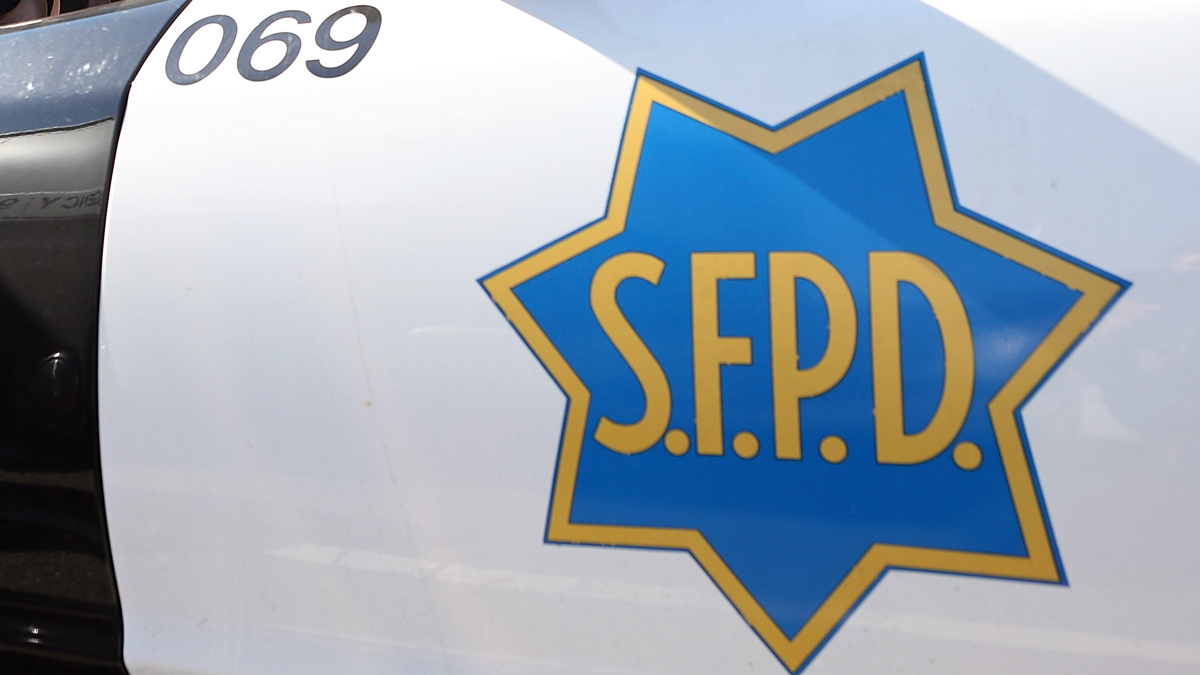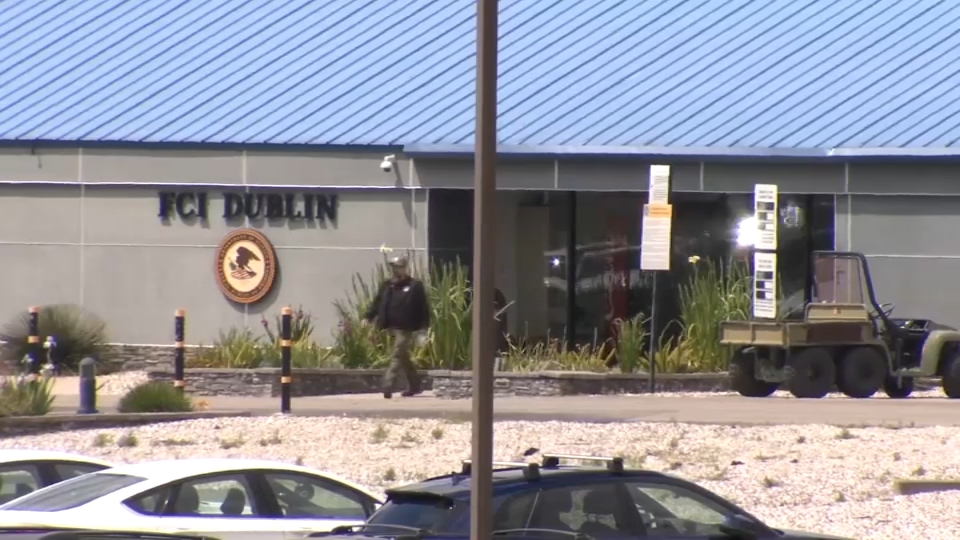An emotional juror was excused Wednesday in the federal criminal trial against Elizabeth Holmes, founder and CEO or the now-defunct blood-testing company Theranos, after telling the judge that her Buddhist beliefs require forgiveness.
Holmes is charged with making false and misleading statements to investors, doctors and patients about Theranos' blood-testing technology. If convicted, she faces up to 20 years in prison and $3 million in fines.
The juror initially asked, via the court clerk, to speak to U.S. District Judge Edward Davila privately. Instead, the conversation took place in an open courtroom but outside of the presence of the other jurors.
The juror, tearing up behind her mask, said that as a Buddhist she believed in compassion and forgiveness. She went on to say that if she stayed on as part of a jury that ultimately convicted Holmes and led to her being punished with a prison term, the juror would "think of that every day of her life."
Get a weekly recap of the latest San Francisco Bay Area housing news. Sign up for NBC Bay Area’s Housing Deconstructed newsletter.
She offered to continue as a juror only if she did not have to "vote" regarding the verdict.
This, of course, was not an option, as the jury must reach a unanimous verdict in a federal criminal case.
The judge's explanation that jurors are not to consider punishment also did not help. After sending the juror back to the jury room, the prosecution asked that the juror be excused, noting that her beliefs seemed sincere. The defense did not object.
Local
Judge Davila said that he would move alternate juror No. 2 up to replace the juror. (Alternate No. 1 replaced a juror excused for financial hardship early in the trial.) But the drama wasn't over.
As the courtroom awaited entry of the newly constituted jury, Judge Davila was told that alternate No. 2 had just expressed concerns about continuing her service. Brought out to talk to the judge, the alternate juror said that English was not her first language and that, as a first-time juror, she "could make a mistake."
"It's her future," the juror said, referring to Holmes.
This time the judge was able to talk the juror down, telling the person that many first-time jurors feel the same way. As to the language issue, Davila explained that jurors in this area are diverse and come from different backgrounds, often including people who speak different languages. He reminded this juror, too, that punishment was "off the table" in terms of the jury's job.
Asked if she got "some reassurance" from the judge's comments, the juror responded, "Yes."
After confirming with the alternate that she had been able to understand what has happened in the trial so far, the prosecution did not object to her remaining on the panel and neither did the defense.
The shakeup means that only three alternates remain to replace the panel of eight men and four women. The trial is estimated to last into December.
The action outside the jury's presence today included a motion by the defense to strike the last question asked by the prosecution of former Theranos laboratory director Adam Rosendorff.
Mopping up after a four-day defense cross-examination, the prosecutor had asked Rosendorff if any of the six labs he had worked at had been "perfect."
"No," was the answer.
"Were the Theranos problems worse" than those other labs, the prosecutor asked? "Yes," said Rosendorff.
Defense counsel seized on the answer to argue that the prosecutor had opened the door to evidence, barred by the judge Tuesday, of problems at other labs that employed Rosendorff, including a lab that voided 50,000 test results and terminated Rosendorff's employment.
The judge stuck with his earlier ruling but ordered the last question and answer, about Theranos being the worst, stricken from the record and instructed the jury not to "give any weight whatsoever either to the question or to the answer."
The judge refused what it characterized as a defense request "to chastise the government in front of the jury" for asking the question.
The prosecution's further questioning of Rosendorff included more testimony about a regulatory inspection in December 2013 in which Holmes had asked whether "the path for walking the auditors in and downstairs has been cemented so we avoid areas that cannot be accessed."
Reinforcing the implication that Holmes wanted to keep the auditors away from the downstairs "Normandy" lab housing the problematic Edison blood-testing devices, prosecutors showed Rosendorff an email sent to him by former COO Sunny Balwani saying, that with respect to the portion of the lab that housed the Edisons, "if the inspector asks, we should say this area is future growth and is being organized (as is the case)" but is restricted.
Defense attorney Lance Wade, during his second turn to cross-examine a noticeably impatient Rosendorff, brought up yet another email suggesting that Holmes had been willing to take the regulators to the Normandy lab and got Rosendorff to confirm, again, he would not have gone along with a plan to conceal information from regulators.
After six days on the stand, the witness was excused.



